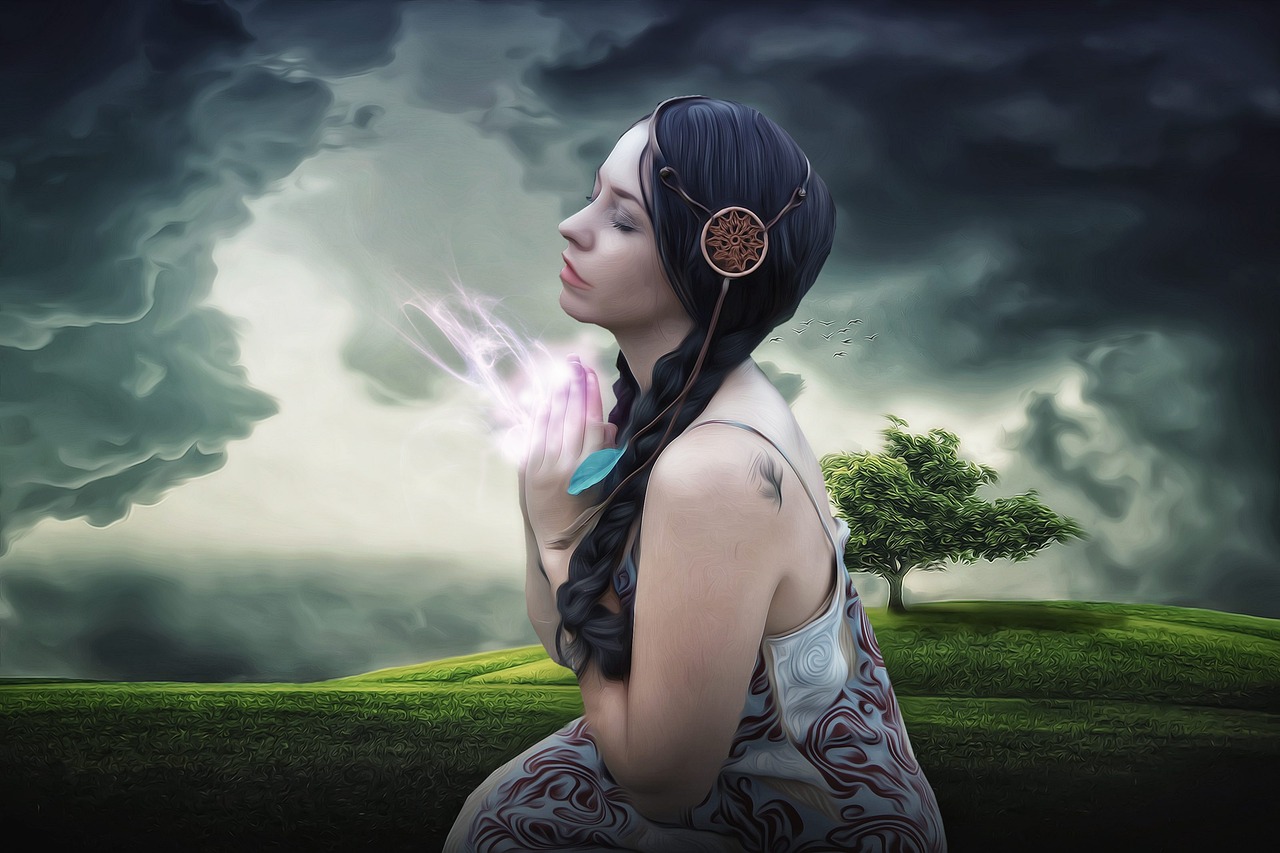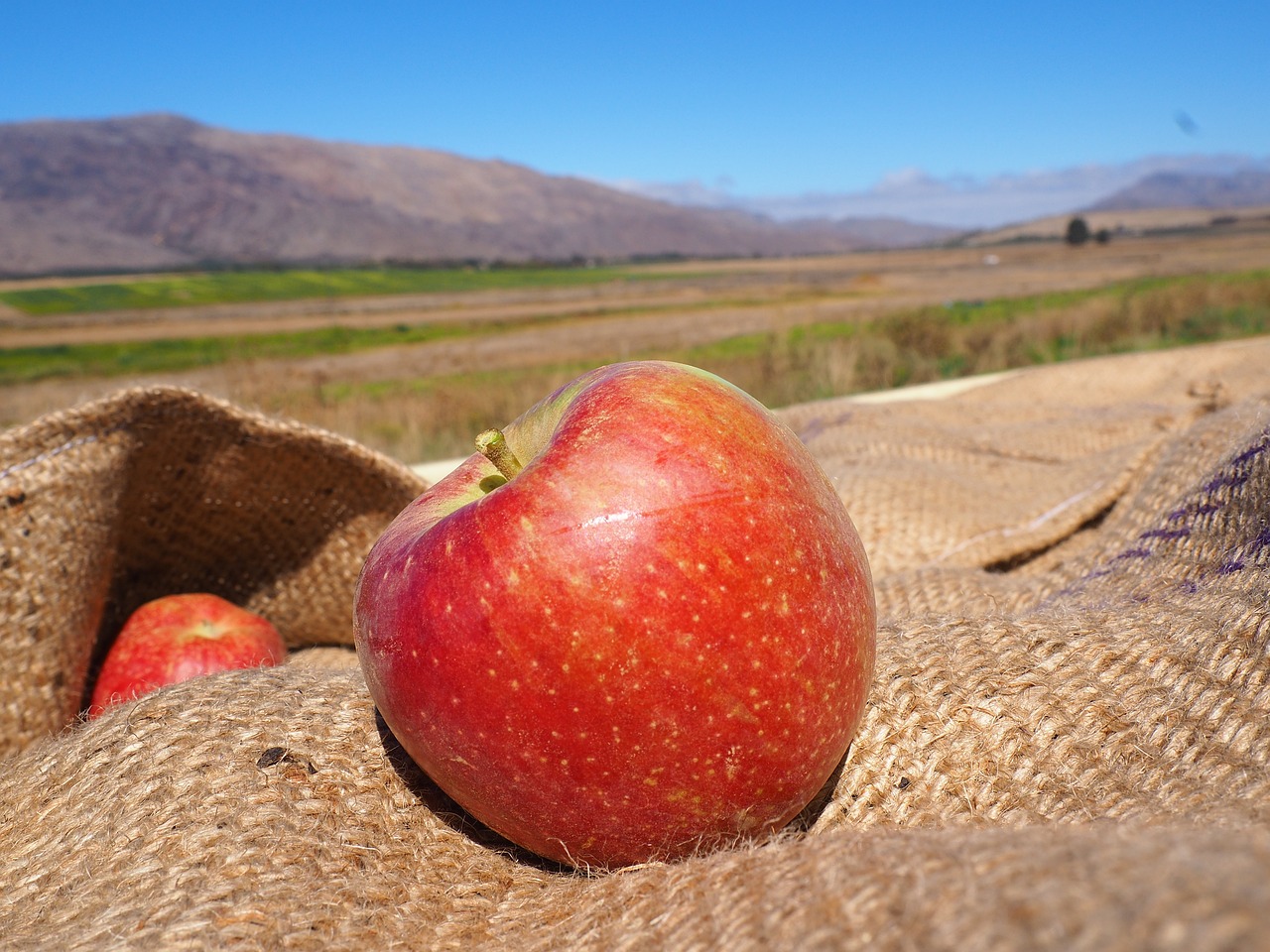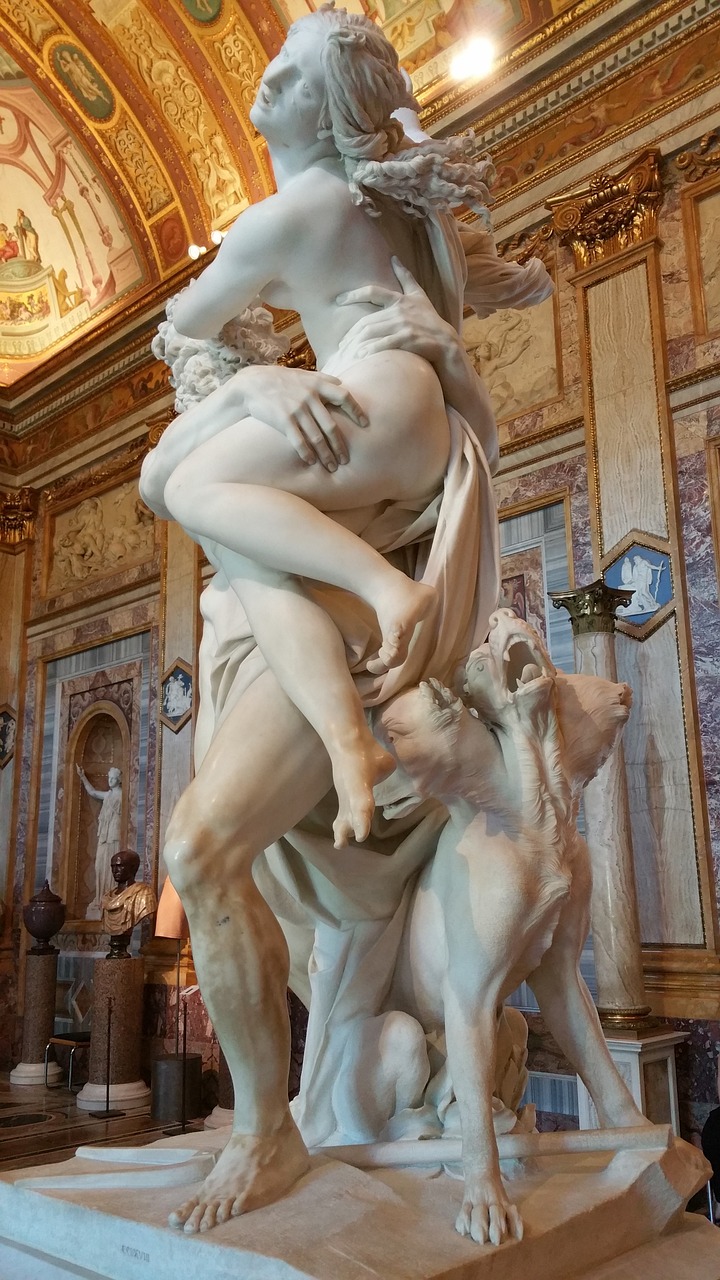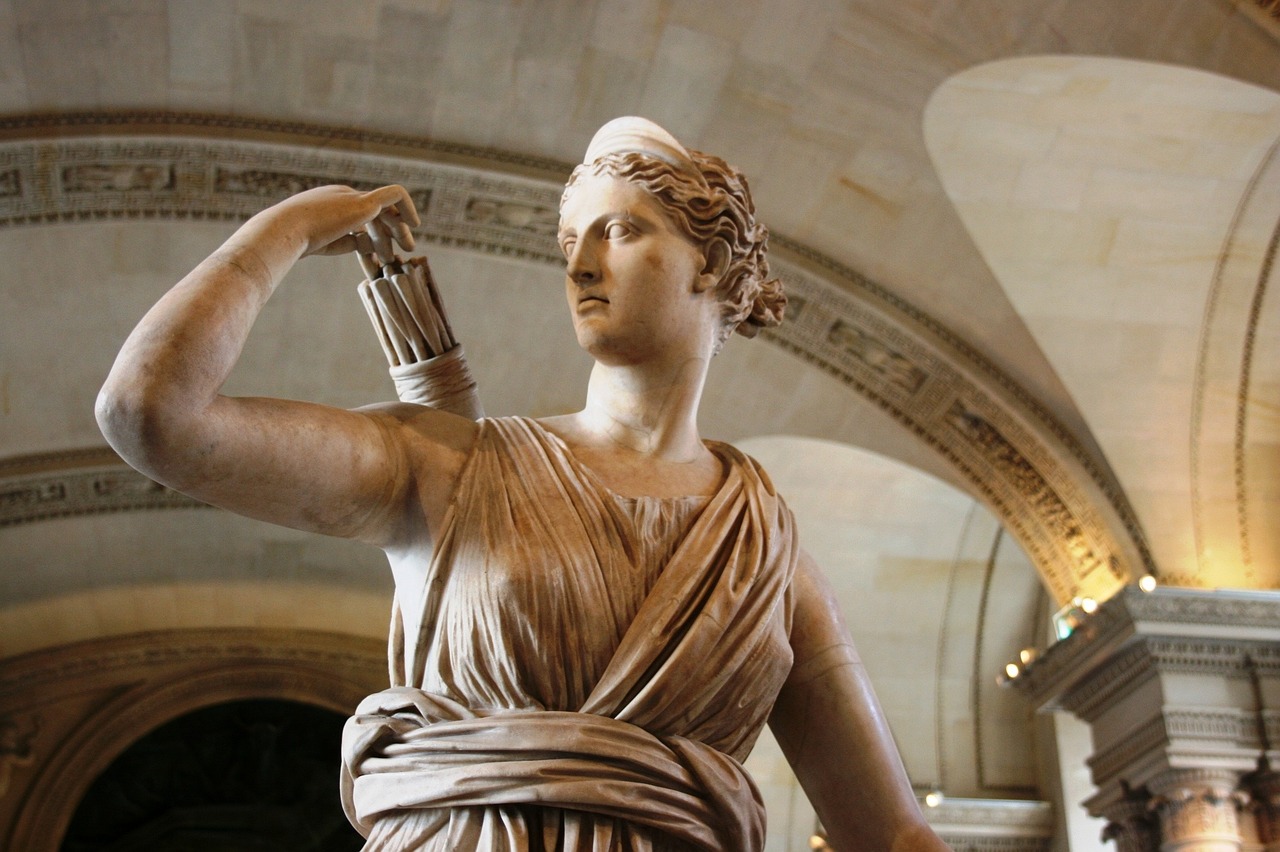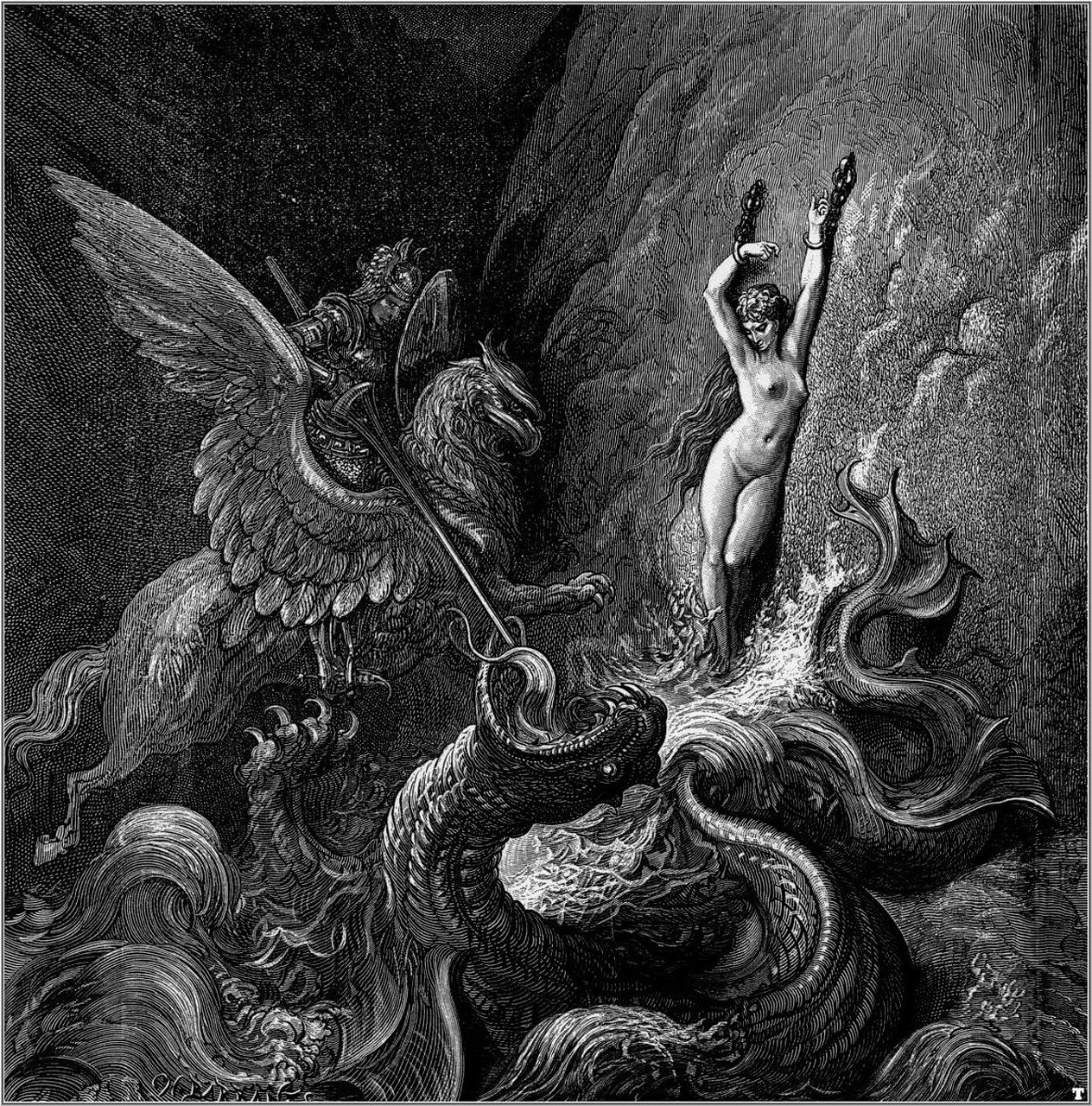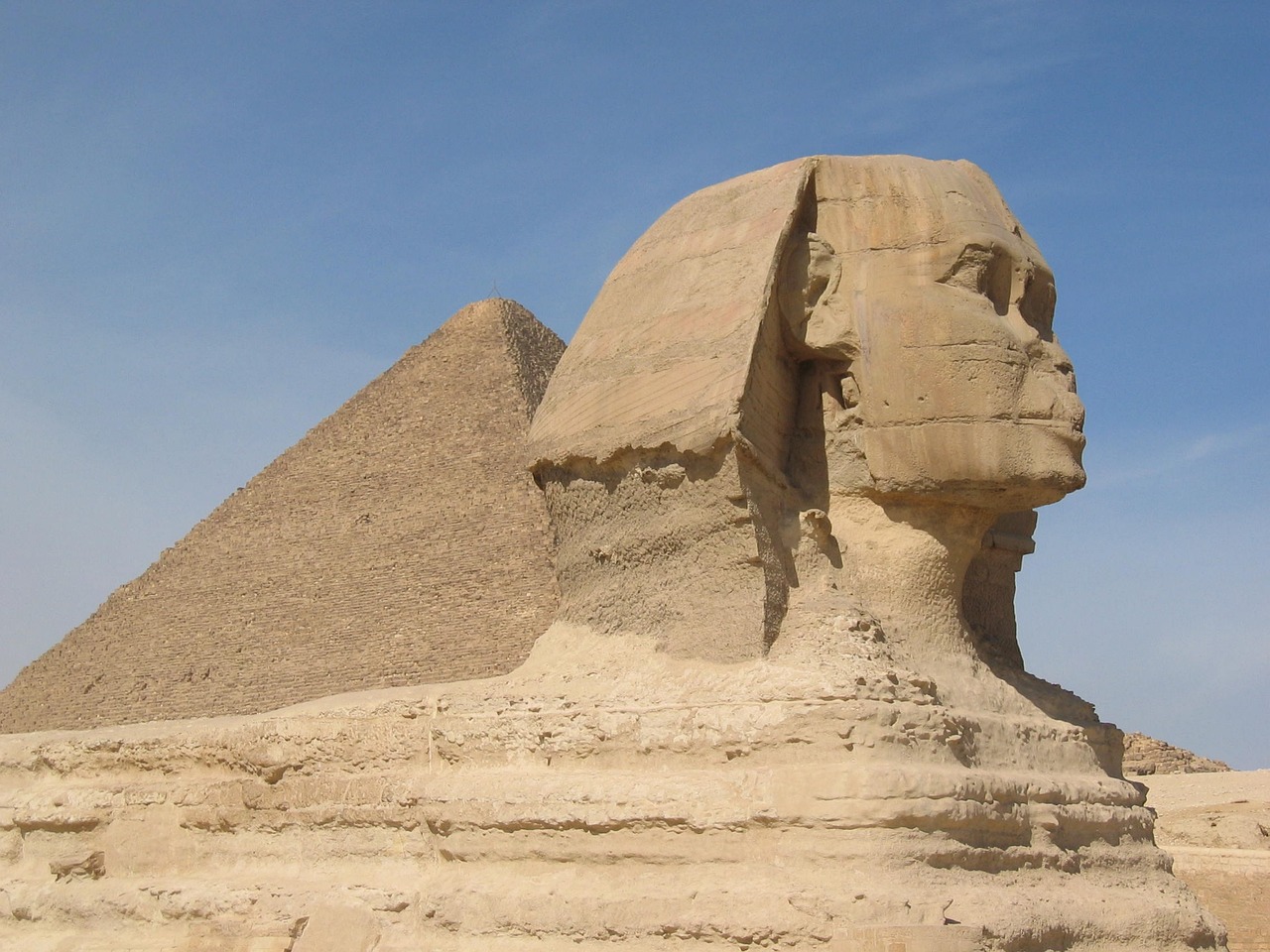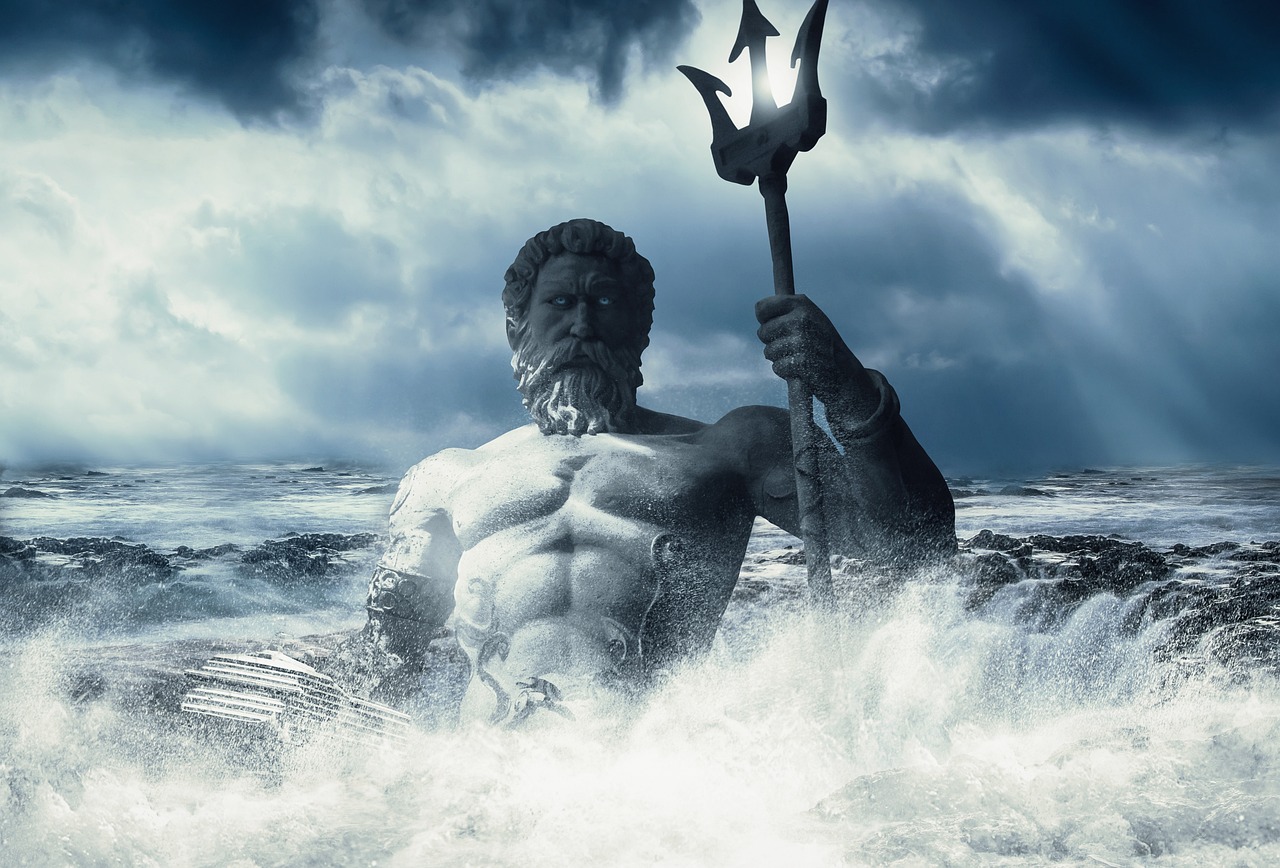Tag: Mythology
-
Gaia: The Earth Goddess of Greek Mythology GAIA, also known as Gaea, represents the embodiment of the Earth in Greek mythology. As one of the primordial deities, she arose from the very beginnings of creation. Often referred to as the Great Mother, Gaia was the source of all life. The heavens, the oceans, sea gods,…
-
Ceres, recognized in Roman mythology as the goddess of agriculture and harvest, wielded the power to bless humanity with bountiful crops, while her displeasure could lead to blight, drought, and famine. Typically depicted as a matronly figure, her symbols include the sickle, sheaves of grain, and the cornucopia. She aligns with Demeter, her Greek counterpart…
-
Lugh: The Multifaceted Hero of Irish Mythology Overview Lugh, known as Lugh of the Long Arm, holds a pivotal position in Irish mythology as the embodiment of nobility, craftsmanship, and martial prowess. As both Ollamh Érenn and the King of the Tuatha Dé Danann, he wielded the formidable Spear of Assal, a weapon feared by…
-
In Roman mythology, Proserpina, known as Persephone in Greek mythology, is a goddess associated with both the changing seasons and the underworld. Her impact extends beyond mere mythology, permeating various cultures and belief systems throughout history. Proserpina’s abduction by Pluto and her reign in the underworld exemplify her dual role as the Queen of the…
-
Aesthetic Representations of Diana in Art The collection of artworks centered around the figure of Diana, the Roman goddess of the hunt and nature, encompasses a variety of themes and styles. Among these are paintings depicting scenes of her companionship with nymphs, dramatic moments of her encounters, and tranquil representations of her in repose. Notable…
-
Perseus, a celebrated figure in Greek mythology, is intricately linked to the tales of two significant women, where his heroism shines through contrasting actions—one leading to destruction, and the other to salvation. Despite both women being innocent, their outcomes are shaped by the context of their situations. Medusa’s tragic story embodies themes of abuse and…
-
A few years back, the British Museum hosted a captivating exhibition entitled Living with Gods, which addressed the idea that religion is crucial to the human experience. This notion intrigues me, especially when considering its significance—how does it enrich our lives? One aspect of religion is its role in helping us interpret our surroundings, providing…
-
Overview Taranis, the Thunderer, is recognized as the pan-Celtic deity associated with storms and thunder. Revered for his crucial role in various Celtic belief systems, he is often linked to inclement weather and the sacred wheel, though details about his worship remain scarce. Etymology The name Taranis translates to “thunder,” deriving from the Proto-Celtic term…
-
An Exploration of Greek Mythology Greek mythology consists of the stories revolving around the gods, heroes, and rituals practiced by the ancient Greeks, tracing back to Classical antiquity. Although some intellectuals, including the philosopher Plato in the 5th to 4th century BCE, recognized the fictional aspects of these myths, they were generally accepted as authentic…

